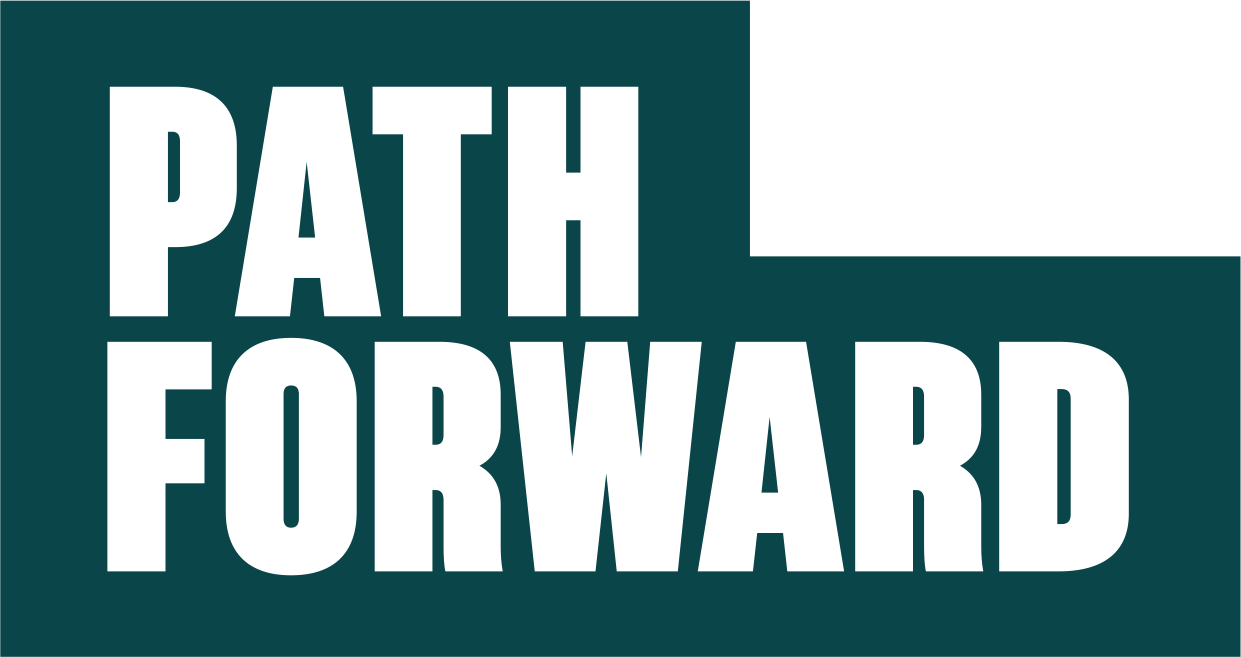Let’s have a real conversation about helping people grow
Here are some variations on a theme I’ve heard from clients a thousand times over the years:
- I don’t know why I should have to tell my employees to show initiative.
- I don’t know why I should have to tell employees to show up on time for meetings.
- I don’t know why people don’t come to my office with their concerns rather than blabbing about them to others.
- I don’t know why I should have to be talking about work ethic- shouldn’t that be something an employee HAS or DOESN’T HAVE?
I’m sure you can add to this list.Here are the characteristics of these kinds of comments:They’re passive aggressive, aren’t they? Here’s the boss sitting in their room being frustrated with people for not living up to their standards. That’s not productive. If I have a boss who does this, then I might not know where I stand – and I deserve to know.When you express concerns about people this way, your dissatisfaction with them is directly related to what you perceive – rightly or wrongly – to be your strengths. If you show up late for meetings, then you’re unlikely to form a judgment about that same behavior in others. So, this passive approach of just wishing your employees were better employees is a way for you to praise yourself for all the wonderful characteristics that you wish other people had.These comments are dismissive of the potential of your employees. Did I need to be told that it was important to show up for meetings on time? Yeah, probably at some point that had to become a clear expectation for me, backed up by accountability if I fell short. I’m a hard-working, self-disciplined person, but there are things that I still need to be reminded of. I still interrupt people too much – and I need people who help me to stop doing that, instead of walking away muttering “I don’t know why I should have to tell Jim to stop interrupting.”Many employees haven’t had the same life and professional experiences as you have. Things that may seem crystal clear (duh!) to you may not be apparent to others. It’s your job as a “grower of people” to help them have that clarity.At a certain professional level, you have a right to have some expectations about professionalism and good habits when you hire or promote someone. However, for many of us, we learn many or most of our essential life lessons on the job. If you want to sit on the sidelines and blame people for not being like you, you’ll fail to make the difference you should be making in the lives of your people.Maybe instead of despairing that people in your organization don’t get it, you should spend more of your time helping them get it.
